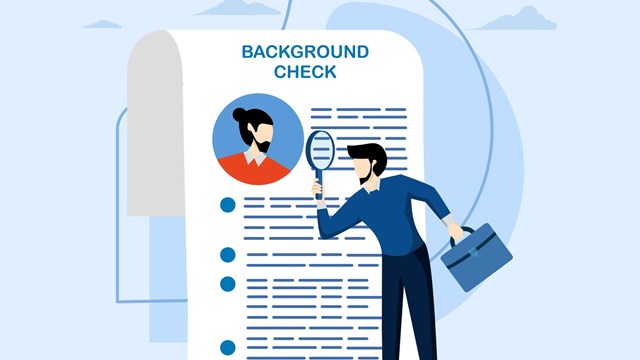Westchester County lawmakers recently passed additional rules for its Co-op Disclosure Law, which itself dates back to 2018. The law originally gave co-op corporations and their representatives 60 days to determine whether a purchase application package was complete after receiving it. If the application was ultimately rejected, the board was required to notify the Westchester County Office of Human Rights.
In addition to the existing requirements, the new regulations also mandate that co-op boards and their representatives disclose the financial requirements for purchase, and that they give rejected purchasers an explanation - in writing - of the reason or reasons for their rejection, along with still filing with the Office of Human Rights. Along with the amendments, county lawmakers also drafted a list of possible legal reasons why a prospective purchaser might be rejected - nearly all of which are based on economic considerations. They include everything from minimum income or cash requirements instituted by an individual co-op corporation to minimum required credit scores, as well as other financial considerations, such as the purchaser’s debt ratio. This new regulation is designed to be specific, and to weed out potentially discriminatory reasons for buyer rejections.
How Pervasive is Discrimination?
Is discrimination in co-op sales a major issue in Westchester County? Are co-op boards rejecting financially sound purchasers for other, possibly illegal reasons? According to Stuart Halper, an attorney and vice president of Impact Management, which has offices in Westchester, New York City and Long Island, the short answer is, “No. There haven’t been any claims of discrimination going on in the buildings I manage. The real issue,” he says, “is that when a potential purchaser is declined, there’s a cloak of secrecy, and that’s what Westchester County officials are trying to eliminate. Boards are now required to give a reason [for rejecting a buyer].”
“In New York City it’s the same issue,” continues Halper, whose company manages over 100 co-op and condo properties in the New York area. “This is more of an activist issue than a real issue. Elected officials don’t necessarily understand how co-ops work - and they’re unaware of the burden they are putting on co-op boards, which are composed of volunteers.”
Halper explains further when there truly is discrimination, it’s apparent - and actionable. “You don’t need this kind of regulation,” he says. “It’s obvious when there is discrimination. Forcing disclosure like this is a burden on already overworked boards.” He points out that New York City has some of the toughest anti-discrimination laws in the nation; so tough, in fact, that it’s extremely difficult for co-ops to get away with illegal discrimination at any level.
Unintended Consequences
As in many cases, even with the best of intentions, additional legislation and regulation may have unanticipated - or undesired - effects. In the case of the Westchester amendments, Halper says, “You’re depriving boards of some level of necessary discretion, which is beyond the check boxes on the forms which need to be completed for this new measure.”
Consider cases in the past, like the rejections of former President Richard M. Nixon and pop superstar Madonna, both of whom were rejected by co-op boards concerned about having celebrity shareholders in their buildings and the added security and publicity that would ensue. “Sometimes a board needs the ability to make a decision above and beyond financial considerations,” Halper offers. “While of course not discriminating on the basis of protected groups on the basis of say, race, religion, or political affiliation - among many other things - a board should have the discretion to say, ‘no’ for reasons other than financial considerations.”










Leave a Comment